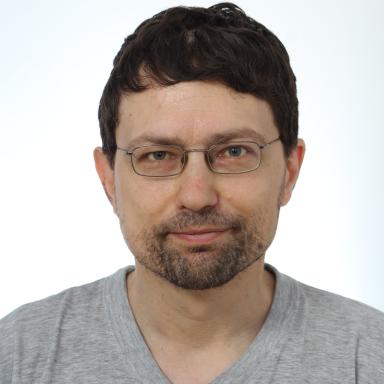We are Equilibrium Labs
Blockchains, cryptography, and distributed systems make digital interactions predictable and verifiable without intermediaries. This feature is emerging as the foundation for next-generation cloud infrastructure that is shared, permissionless, and global.
The evolving ecosystem of protocols, applications, and communities that rely on this new infrastructure is poised to disrupt established internet service monopolies, address challenges in data control and privacy, revolutionize the world of finance, and foster innovation through composability among various applications.
However, to deliver on its promises, the infrastructure must still improve by several orders of magnitude.
Equilibrium Labs is a global team of ~30 people focused on tackling these challenges and accelerating the adoption of distributed technologies. We do this in two main ways:
Internal experimentation, which sometimes leads to incubating and spinning off a startup (such as Gevulot!)
Partnering with ambitious founders to help them realize their vision through R&D and engineering expertise, or by offering funding through our venture arm.
Equilibrium Labs is a part of Equilibrium Group - the mothership for Labs, Ventures, and one other company specializing in distributed technologies:
Eiger provides tailored blockchain solutions and expert services for large-scale projects in core infrastructure, finance, and gaming.












